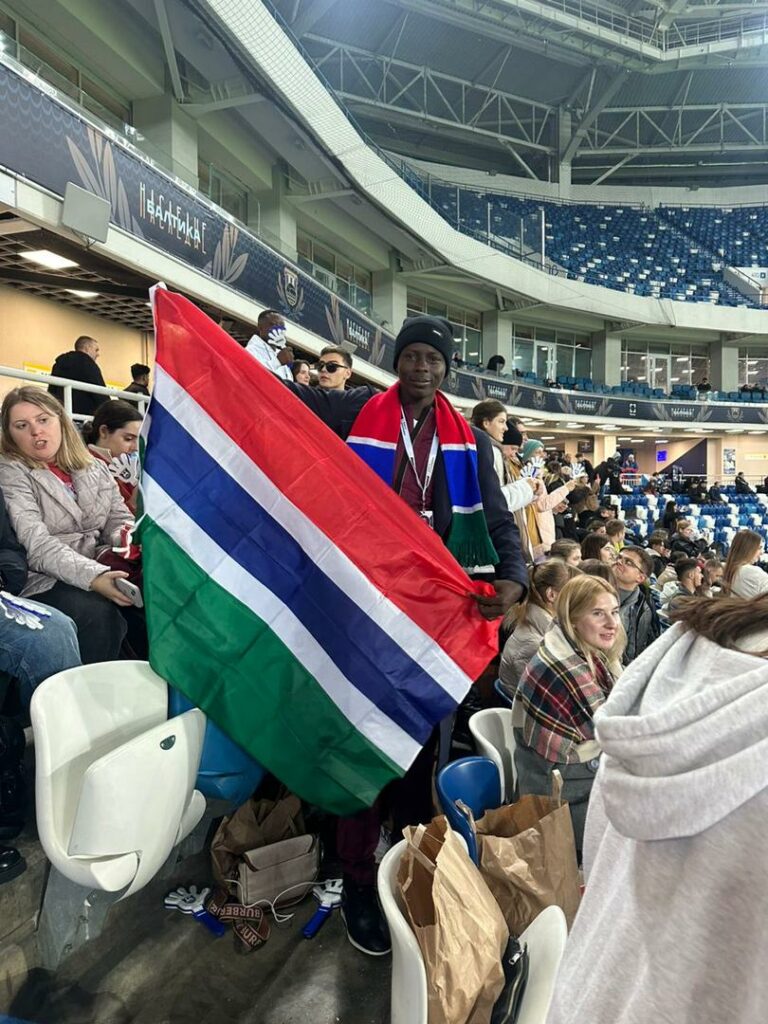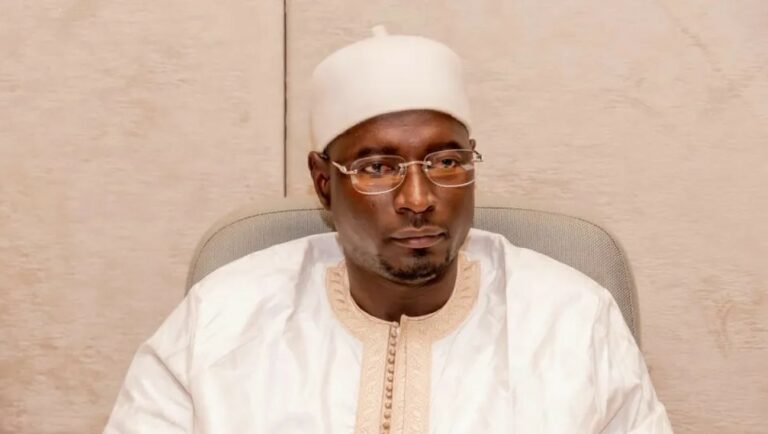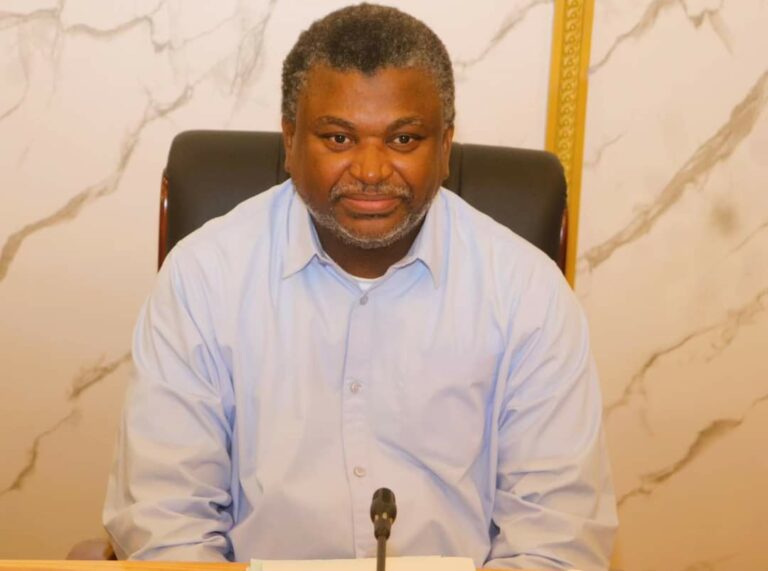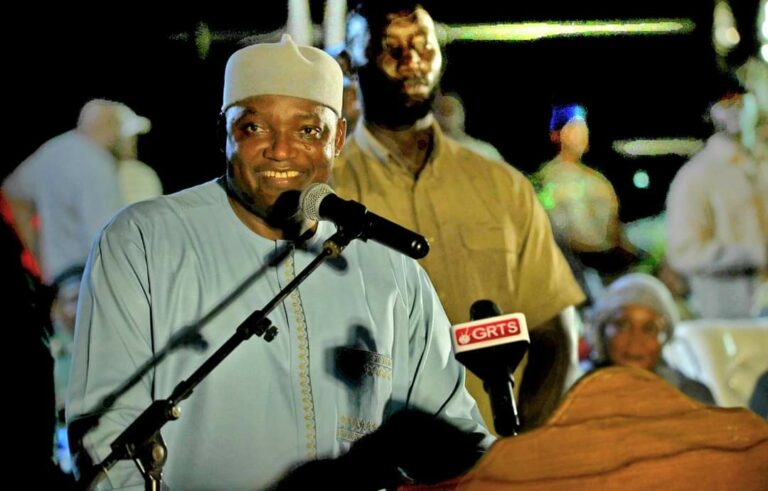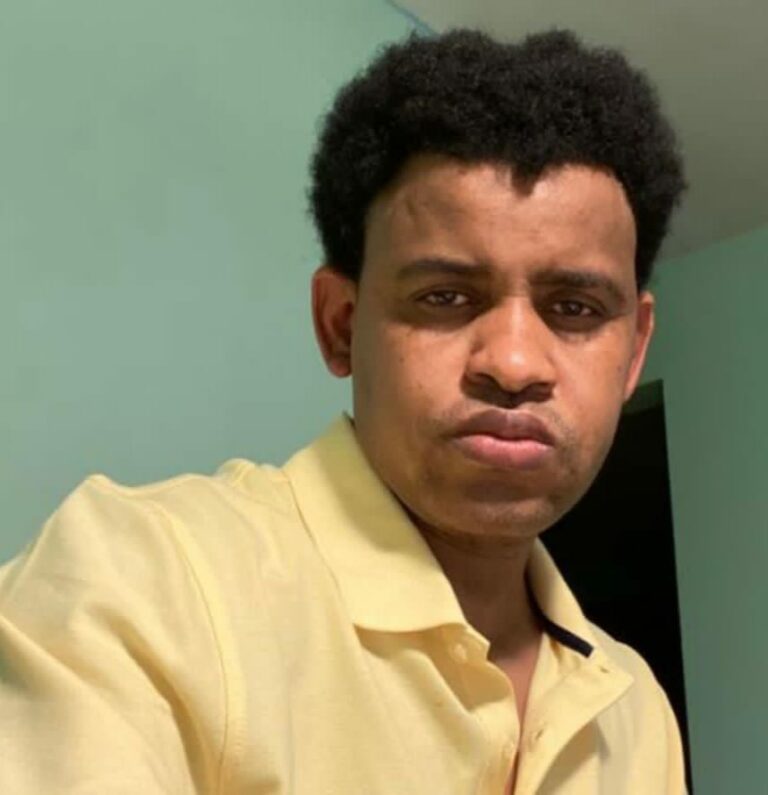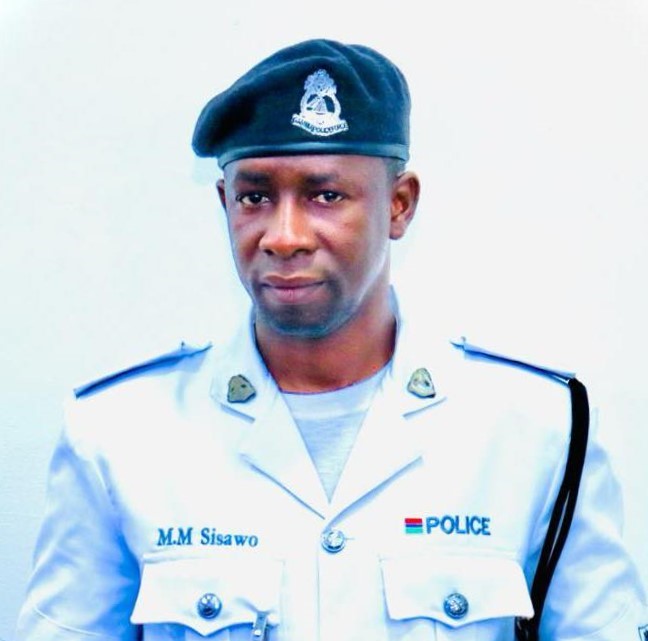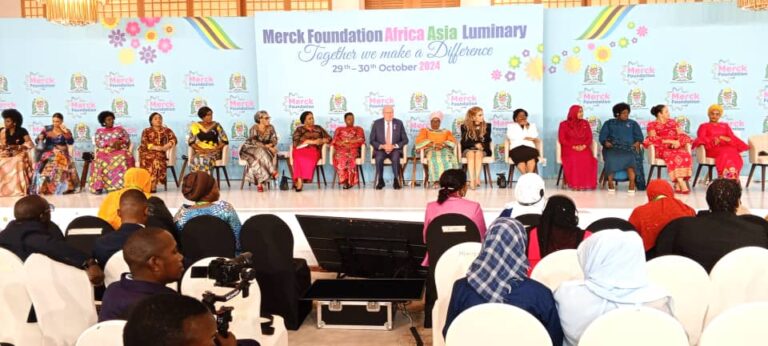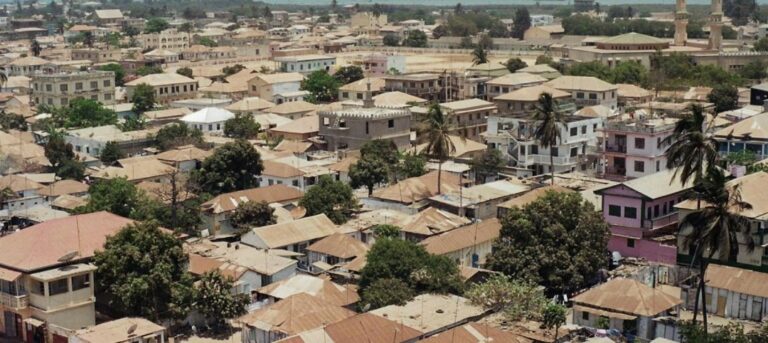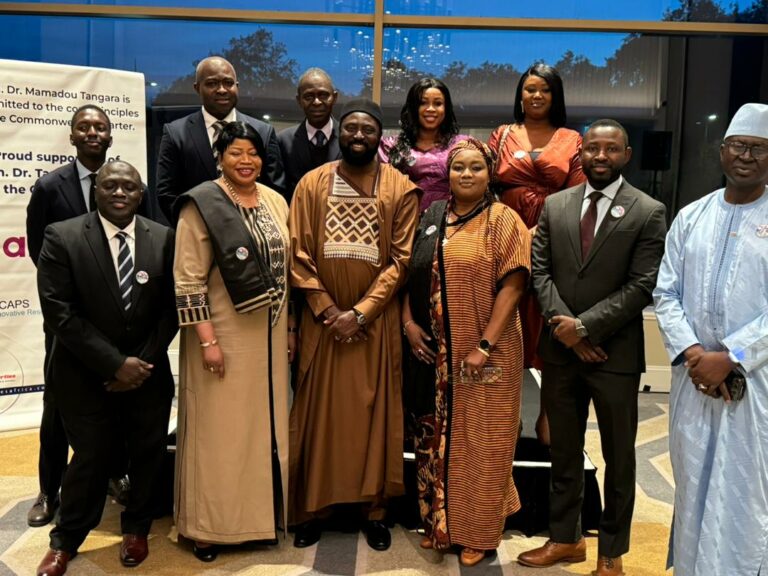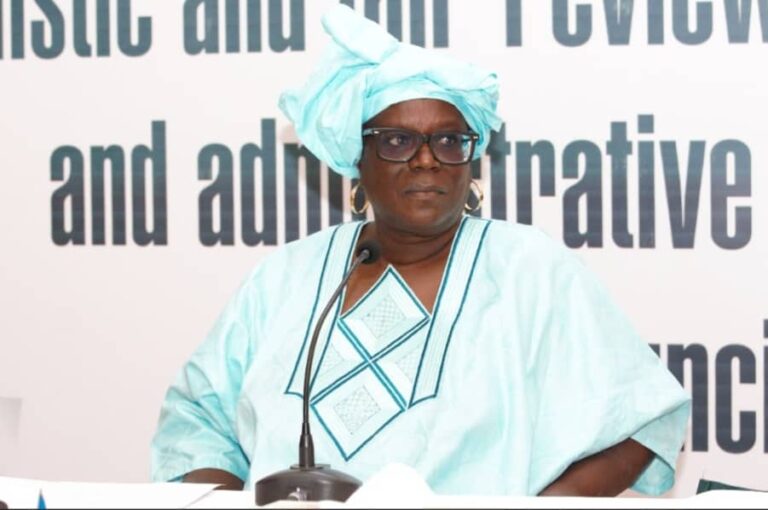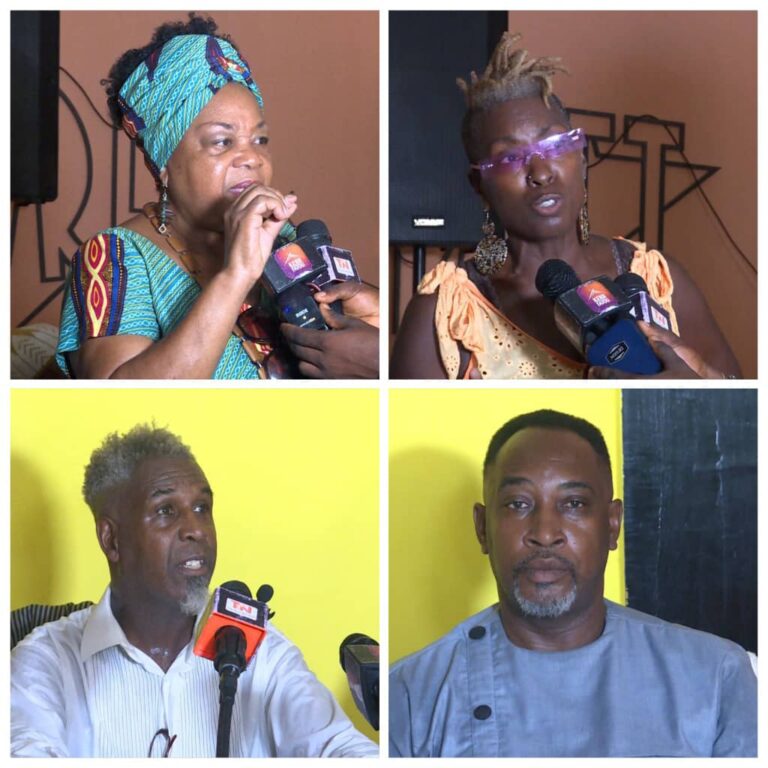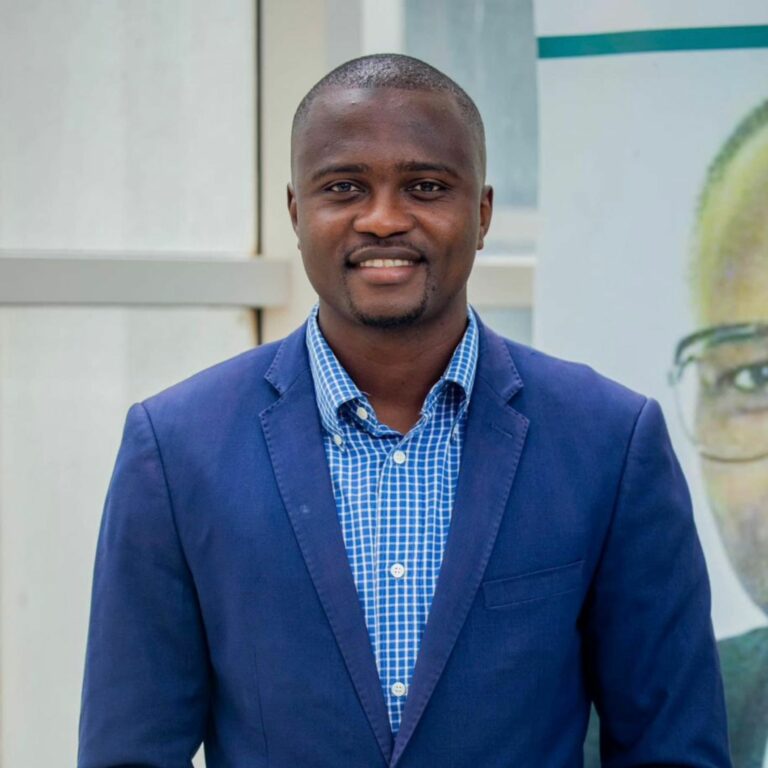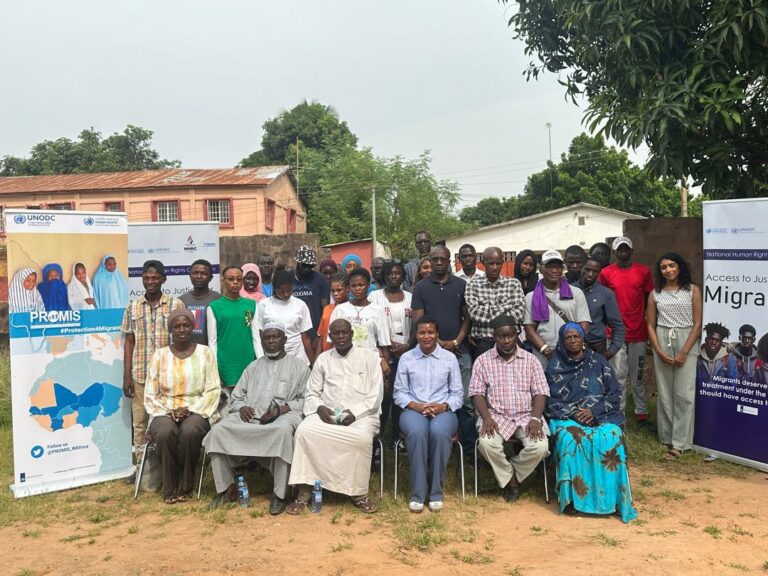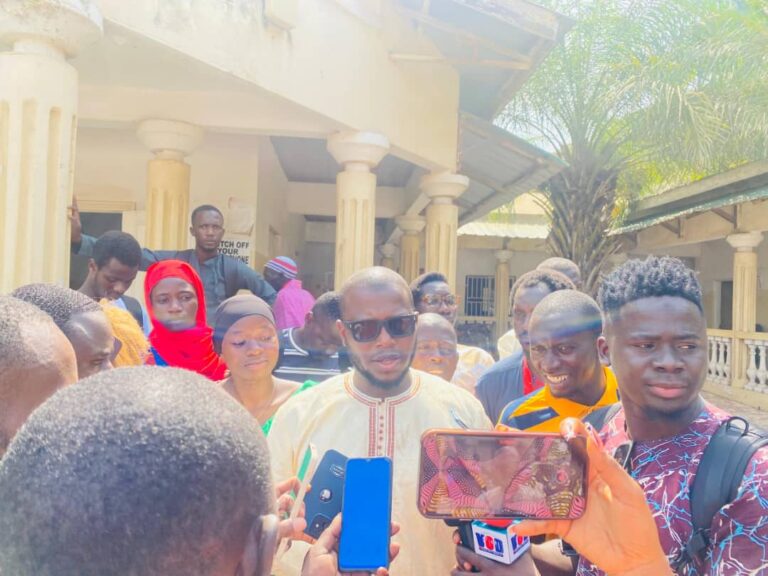By Sulayman Suntou Touray, Deputy Head of Mission, London
As a team, we were dedicated to tirelessly promoting the candidacy of Hon Dr. Mamadou Tangara for the position of Commonwealth Secretary-General. Since December 2023, the Gambia High Commission in London, alongside other sister missions, collaborated with the technical team at the Ministry of Foreign Affairs, led by His Excellency PS Lang Yabou, PS Mboob, Director of Europe Mariam Khan, and Director of Protocol Ebou Sillah.
International multilateral organisations such as the Commonwealth are prestigious entities for fostering the existing international rules-based order. Meeting and listening to 56 Foreign Ministers, with the Commonwealth Secretary, Rt Hon Patricia Scotland and her diverse technical teams, discussing and lamenting on issues with them is a good experience. And The Gambia is always mentioned with warmth and respect.
I feel privileged to have contributed, alongside other technical team members, including Mr. Amadou Jaiteh in the New York Mission, who is a consummate professional of integrity. If memory serves me correctly, he was the one who took down former President Jammeh’s portrait at the Permanent Mission of the Gambia in New York, responding to the people’s call for President Jammeh to honour the verdict expressed through the ballot. Mr. Amadou Jaiteh served under Dr. Tangara as First Secretary and Legal Adviser. He affirmed that Dr. Tangara is a skilled diplomat with a forward-looking vision for his country. Mr. Jaiteh references the dark period of our political impasse, when Dr. Tangara along with other diplomats aligned with the Gambian people, disregarding Jammeh’s election petition by engaging the UN Security Council in collaboration with the sister Republic of Senegal, which led to AU and ECOMIG involvement in upholding the people’s verdict.
Ms. Marang Sanyang at the Addis Ababa Mission is a brilliant legal mind with a commendable professional work ethic. Mr. Saikou Ceesay from the Washington Mission, along with all the staff at the Ministry of Foreign Affairs, made significant contributions by facilitating regular conference calls throughout the process.
As a rights and political activist for over 20 years, I have a deep understanding of the significant issues of discussions in The Gambia, as well as the concerns of government and non-government actors likewise the political opposition. However, it is important to recognise that the international community is not a one-dimensional entity driven solely by specific agendas. Numerous countries with troubled pasts have nonetheless hosted key international events and even led major institutions. The complexities of our current era, coupled with the accountability of prominent personalities, will undoubtedly remain subjects of ongoing debate and discussion. To whom much is given, much is expected.
This campaign was not solely about Dr. Tangara; it was an invaluable learning experience for many within The Gambia’s diplomatic cadre. Young, vibrant diplomats were carefully selected to participate and share innovative ideas for our country. The process opened a pathway for the future of The Gambia’s foreign policy, allowing us to engage with accomplished diplomats from all regions of the Commonwealth (Africa, Asia, Europe, the Caribbean, and the Pacific Islands). Selling a candidate is always difficult, especially with the brotherly structure of the commonwealth. Meeting Prime Ministers, FM, and Heads of delegations with specific national agendas is the pinnacle of lobbying for support.
As a small nation, we indeed approached this campaign with determination, decorum, and respect, fostering strong international partnerships. Her Excellency Dr. Fatou Bensouda, the High Commissioner and Campaign Manager empowered our technical team to conduct ourselves with vigour and diligence, seizing every opportunity to advocate for our candidate. Together with Ambassador Lamin Dibba, Ambassador Jainaba Jagne, Ambassador Professor Muhammed Kah, and others, we represented our candidate and The Gambia on every possible occasion. Each member of the team was deeply engaged in the campaign, contributing thoughts with intellectual assurance and patriotic enthusiasm to ensure our candidate’s and The Gambia’s success.
The competitive race involving two African candidates was indeed a challenging endeavour. Hon Dr. Mamadou Tangara maintained a commendable disposition throughout the campaign, demonstrating comradeship towards our competitors. The contest for a single position among African candidates was always going to be difficult. Our team remained committed to conducting the campaign with positivity and cordiality, treating our opponents with respect.
Visiting various high commissions in London, communicating with High Commissioners, and addressing misinformation about our candidate proved insightful, highlighting the reality that, irrespective of the position one aims for, “politics can sometimes become contentious,” with some vying for advantage using every tool at their disposal.
We are grateful to all our embassies and missions, including those in the African Union, China, Brussels, Madrid, and Turkey, for their contributions in disseminating campaign information. We remain resolute in our efforts!
We believe that Dr. Mamadou Tangara’s candidacy for the Commonwealth Secretary-General role represented a significant opportunity for The Gambia to enhance its diplomatic influence and assert itself on the global stage. Given his extensive experience in diplomacy, Dr. Tangara is qualified to lead one of the world’s largest intergovernmental organizations. His career includes serving as The Gambia’s Minister of Foreign Affairs and as Permanent Representative to the United Nations, showcasing his ability to bridge divides and foster consensus, which is corroborated by Mr. Amadou Jaiteh’s observations.
The Gambia High Commission organized a drinks reception on September 9, 2024, supported by Africel, E&P, Global Properties, HCAPS, Binti, WYN, and Yonna, attracting diplomats and representatives from numerous Commonwealth nations.
Our meetings with the Commonwealth Board of Governors in May injected significant momentum into our campaign, particularly once a single African candidate was no longer in the running.
The campaign took us to the Chatham House debate in London and the UN General Assembly in New York, where our diplomats and campaign team actively engaged with counterparts on serious diplomatic matters. Dr. Tangara’s candidacy transcended political affiliations within The Gambia, emphasising national unity over partisan interests, this endeavour was not solely about national politics but rather a representation of The Gambia on the international stage.
It was surprising to witness negative petitions against Dr. Tangara due to his previous service in the former government. In our new democracy, such reactions are to be expected, and as a campaign team, we accepted them in good faith and continued our efforts.
Although Dr. Tangara was not selected as Secretary General, The Gambia’s name has positively risen on the international stage.
In conclusion, I would like to express my sincere gratitude to His Excellency, President Adama Barrow, for his unwavering support during the campaign. And for always according me brotherly courtesy and time. To Her Excellency Dr Fatou Bensouda, for the trust and confidence bestowed on us. To PS Lang Yabou and the MOFA team, we thank you for the encouragement amidst buffering against the bigger country, Ghana. I commend the staff of our Mission in London for their tireless work throughout the campaign, and I extend special thanks to Ms. Manjit K. Gill MBE for her support and voluntary contributions, as well as to all well-wishers both within and outside The Gambia. We are also grateful to His Excellency, the Vice President, for his attendance at the Samoa CHOGM.
The Gambia is indeed loved by many – with the battles for her heart – May God Guide us at all times. The Gambia is a land of vibrant colours and warm smiles, its beauty captivates both those near and far.

